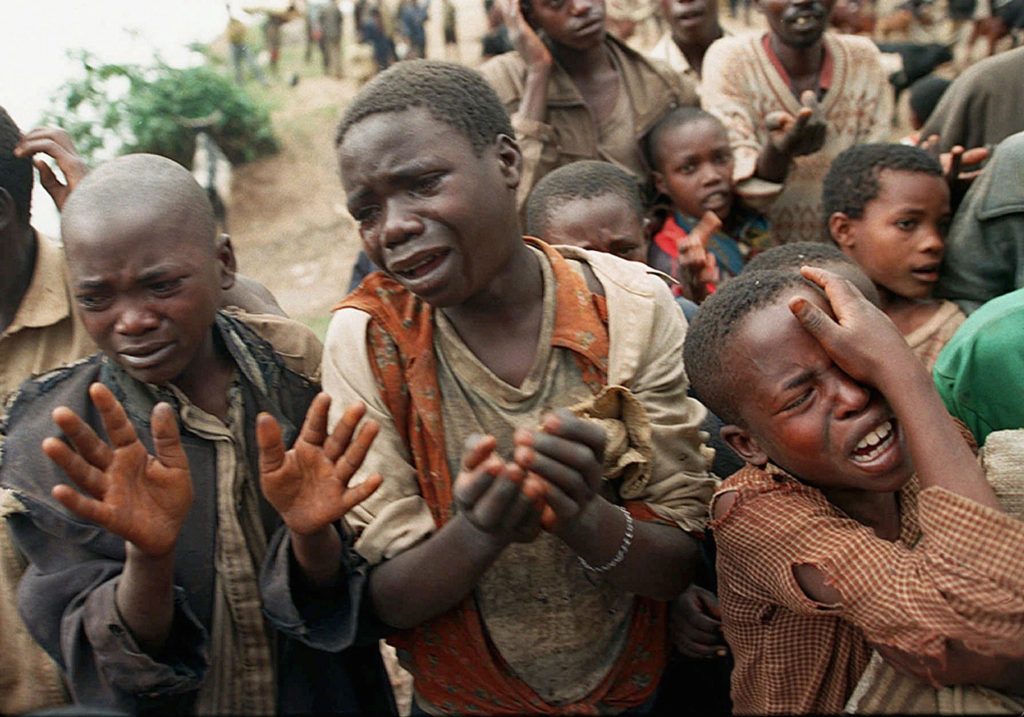
Earlier this week, a report commissioned by Rwanda said the French government “bears significant responsibility for having enabled a foreseeable genocide” in 1994. The report said: “From its knowledge of massacres of civilians conducted by the government and its allies to the daily dehumanization of the Tutsi…the French government could see that genocide was coming. The French government was neither blind nor unconscious about the foreseeable genocide.”
The report covers the period between 1990 to 1994 and outlines how the French government supported the Habyarimana government throughout the years, regardless of the warning signs leading to the genocide.
Further, it also analyses France’s role after the genocide and accuses the French government of covering up, obstructing and promulgating false narratives on its role in the genocide. It also maintains that France made little effort to bring those who committed the genocide to justice. It includes witness accounts citing that “For those who have not lived it, to simply say the word ‘genocide’ is almost anodyne and cannot convey even the small piece of the horror contained in the testimonies.”
The Duclert report
An earlier report by France, known as the Duclert report was commissioned by Emmanuel Macron to investigate into the role of France in the genocide. The report prepared by 15 historians who were given access to the government’s archives was published on 26 March.
Similar to the Rwandan report, the Duclert report says that France “bears serious and overwhelming responsibility” for the 1994 genocide as the government, under former President François Mitterrand, had a “strong, personal and direct relationship” with Habyarimana. But the report did not categoriclaly blame France as being part of the genocide.
Historian Vincent Duclert says that France was interested in expanding its influence in post-colonial Africa, and by establishing control over Rwanda, an erstwhile Belgian colony, Mitterrand expected to enter a new region. However, post-1994, the relations between the two countries have been strained, especially since Rwandan President Paul Kagame was a former leader of the Rwandan Patriotic Front; the RPF rebelled against the Habyarimana government. The Rwandan government accused France of harbouring criminals who murdered Tutsis during its rescue mission, Operation Turquoise.

Role of the international community
While much of the focus has been on France, the Rwandan report does mention the role of other actors like Belgium, Uganda, and the US. During the genocide, the international community largely looked away to the extent that the US was hesitant to term it a genocide.
The two reports could be a turning point in the relations between the two countries. Rwanda has welcomed Macron’s acknowledgement of the French role in the genocide. Kagame also appreciated Macron’s decision to have commissioned the Duclert report in 2019. He outlined it as France’s efforts to “move forward with a good understanding of what happened.”
The report brings back the focus on France which has been on a spree of revisiting its colonial past. Prior to the Duclert report, Macron had admitted to France’s role in the murder of a freedom fighter in Algeria, which was a French colony. Experts opine that such steps reflect the maturity and resolve with which France is handling its past.
